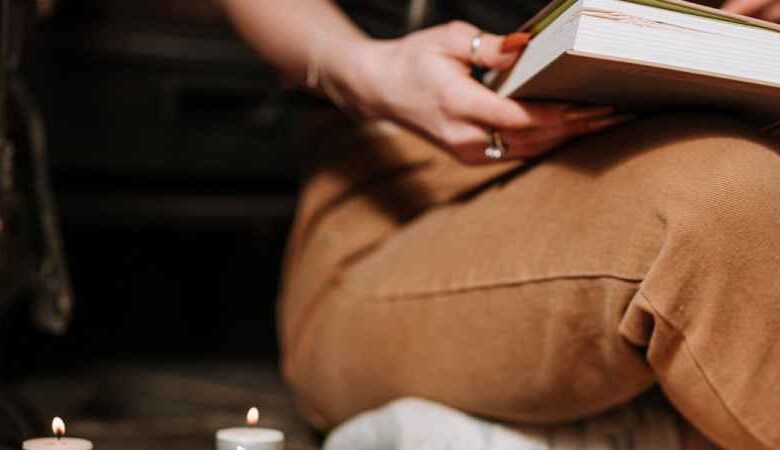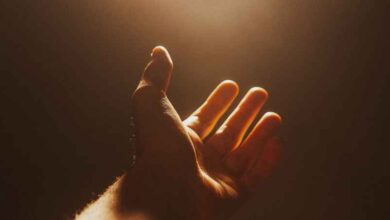The Paranormal Is A Belief System Not A Science

Science is an evidence-based approach to understanding the world around us. Scientists use the scientific method to test hypotheses, gather data, and draw conclusions based on empirical evidence. Science is based on the principles of logic, skepticism, and empiricism, which require evidence that can be observed, measured, and tested.
The main reason why the paranormal is seen as a belief system and not science is partly down to the way it is investigated. While many individuals claim to have experienced paranormal events, the scientific community remains skeptical of such claims due to a lack of empirical evidence to suggest that paranormal experiences are caused by spirits of the dead.
However, the majority of investigators believe this to be the case and set off looking for proof without considering other possibilities. This is by definition a belief system, which refers to a set of interconnected and often deeply held beliefs and values. When a believer investigates a haunting with the intention of looking for evidence that it is being caused by the spirits of the dead, they are simply reinforcing their beliefs, rather than researching other possible causes openly.
Despite the lack of scientific evidence for ghosts, many paranormal investigators continue to focus on this hypothesis when investigating alleged paranormal activity. This approach can lead to a confirmation bias, where investigators look for evidence that supports their beliefs while ignoring or dismissing evidence that contradicts them.
Ghost hunting devices, such as EMF meters, temperature sensors, and EVP recorders, have become common as part of paranormal investigations, but also lead to confirmation bias. Many of these devices were not originally designed for the purpose of detecting ghosts, but have instead been repurposed by paranormal investigators and favoured due to their tendency to produce false triggers.
For example, the K-II EMF meter, one of the most commonly used ghost hunting devices, was originally designed to detect electromagnetic radiation in household appliances. However, it has become popular among ghost hunters due to its sensitivity to fluctuations in the electromagnetic field, which some investigators believe can be caused by the presence of spirits.
Similarly, temperature sensors are often used to detect cold spots or sudden drops in temperature, which some paranormal investigators interpret as evidence of ghostly activity. However, temperature fluctuations can also be caused by natural factors such as drafts or air conditioning, and may not necessarily be caused by supernatural phenomena.
EVP recorders are another commonly used device in paranormal investigations. These devices are designed to record audio, and are often used to capture Electronic Voice Phenomena (EVP), which are believed by some to be the voices of spirits communicating from beyond the grave. However, EVPs are often difficult to interpret and may be the result of environmental noise or auditory pareidolia, the tendency of the human brain to interpret random sounds as meaningful speech.
Should we worry that the paranormal isn’t treated as a science? Well, perhaps not too much. After all hauntings and other paranormal experiences are personal and subjective, and can be difficult to study scientifically. While there is no doubt that many people have reported experiences that they believe to be paranormal in nature, it is unlikely that scientific proof of these experiences will ever be sufficient to convince everyone, but we should respect people’s beliefs.
Skeptics and debunkers would likely continue to question the validity of the evidence, and many people who believe in the paranormal would likely continue to base their beliefs on personal experience rather than scientific evidence.
Of course, scientific investigation should be encouraged, as it can shed light on the nature of paranormal experiences, but it is unlikely that scientific proof that these experiences are caused by the spirits of the dead will ever be found.
A significant change in the paranormal field could occur by shifting away from the approach of proving the hypothesis that hauntings are caused by spirits of the dead. Instead, adopting a more balanced perspective on the nature of experiences and striving to understand how they effect people on a personal level.




